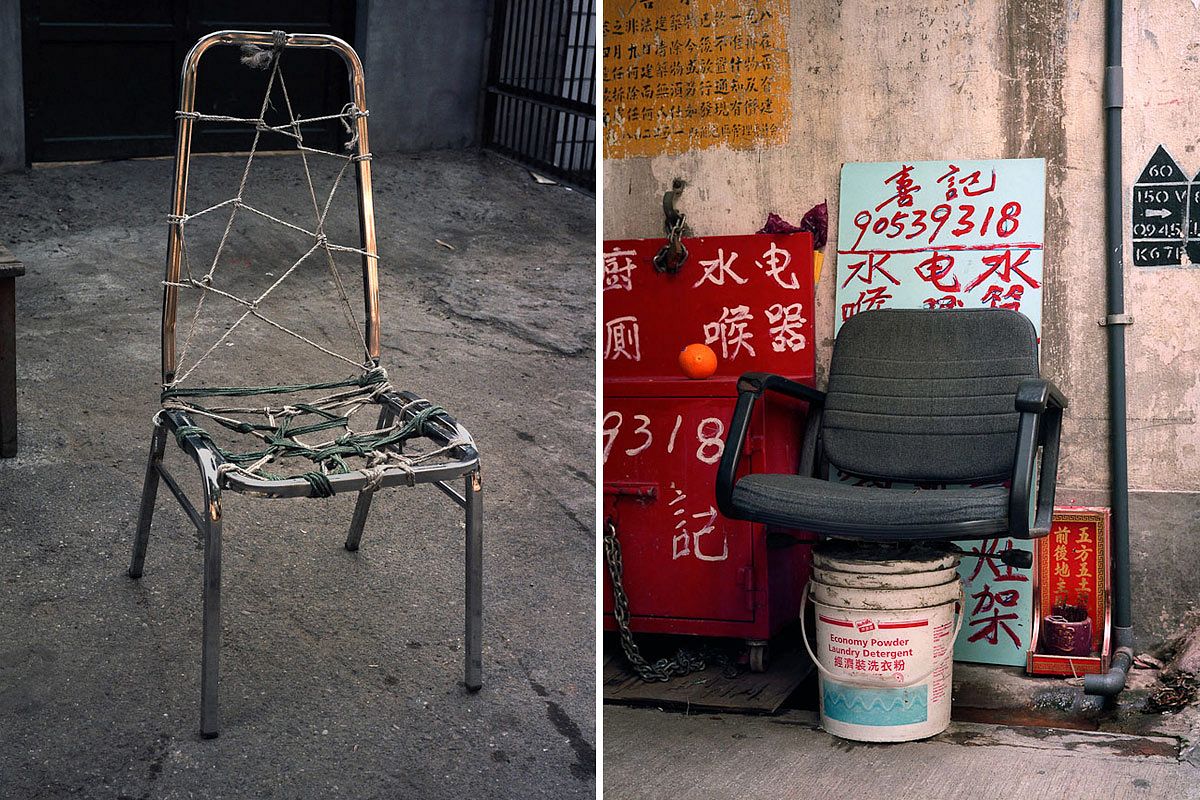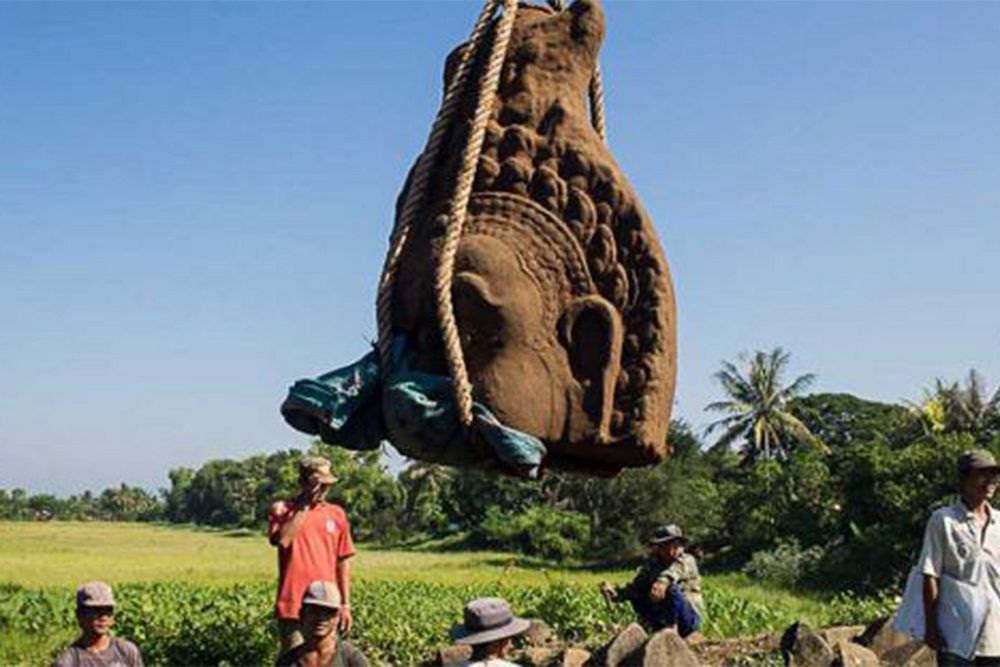Water levels in the lower Mekong basin during this early flood season from June to July have hit record lows.
According to a report released on July 18 by the Mekong River Commission (MRC), the water levels of the lower Mekong basin (from Thailand’s Chiang Saen to Vientiane and further down to Cambodia’s Neak Luong) are below those of the lowest record, set in 1992.
The Bangkok Post reported that the Mekong River has hit its lowest level in 10 years, at 2.60 meters, about 10 meters lower than it was in the same period last year.
Sun Proppakdee, a fisherman in Ban Nong Chan village in Thailand, told Reuters that he has never seen such a phenomenon before. “Now we can only get small fish, (because) there are no big fish when the water is this low,” he said.
Thailand has told its farmers to reduce planting activities amid concerns over potential damage from the low water levels.
Khuong Le Binh, director of the Hydro-Meteorological Station in the southern Vietnamese province of Dong Thap, told Tuoi Tre that the Mekong Delta in Vietnam is likely to suffer from drought this year, which could harms agricultural production and lead to diseases in humans and animals.
The MRC reported that there are several factors behind the so-called “regional low flow” of the Mekong River basin.
For starters, low rainfall over the Mekong basin has been observed. In Chiang Sean, Thailand, June’s average rainfall was only about 67% of the monthly rainfall in June 2006-2018.
Moreover, the drier-than-average weather in the lower Mekong basin has led to the insufficient groundwater supplied to the river.
Fortunately, wetter-than-average conditions over the eastern Mekong sub-region in the second half of July are expected to improve the current state, with increasing rainfall at the end of this month.
The MRC report also referred to China’s hydropower plants as potential contributors to the current state. In an early July notification, China’s Ministry of Water Resources said that July 5-9, they would cut the water flow through the Jinghong hydropower station in Yunnan Province in half for “grid maintenance.”
China later agreed to release water to deal with the problem. However, Pianporn Deetes, of the International Rivers group, told the news source that managing river flow through planned releases from dams is not sustainable, as it affects fish and bird populations and leads to unpredictable swings that could wash away boats and livestock.
[Photo via the Bangkok Post]














